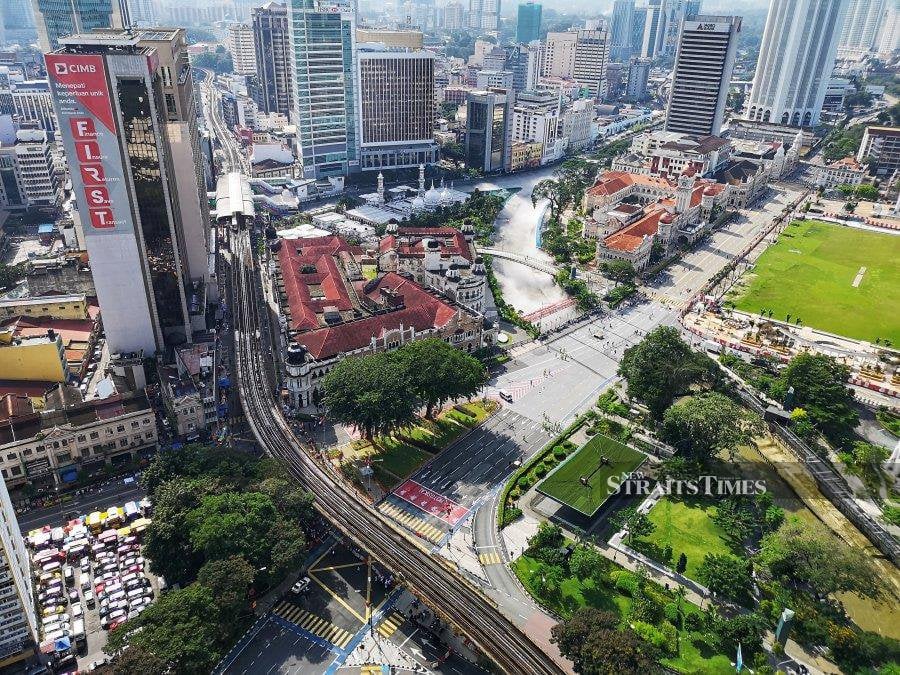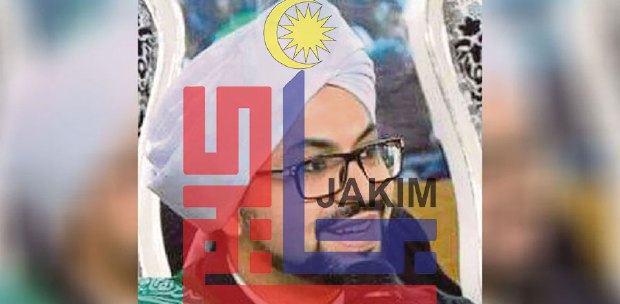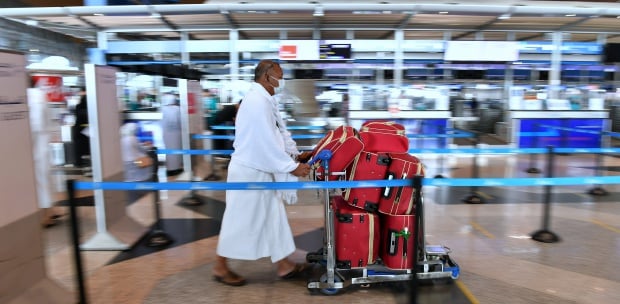A total of 468 suicide cases were reported in Malaysia for the past five months this year.
People are tired not only because of the Covid-19 pandemic, but also movement restrictions.
Therefore, all parties should work hand-in-hand and closely together to ease the burden of the community. Islam, being a religion of mercy, revealed to the Prophet of Mercy (rahmatan lil-alamin) to enjoin Muslims to love others as much as they love themselves.
The great jurist of Shafie school of Islamic jurisprudence, Imam Nawawi (d.1278) had mentioned in his famous work on Forty Hadiths of an important Prophetic tradition.
Hadith number 13 in the works was narrated by Anas bin Malik, who reported the Prophet (pbuh) said: "None of you [truly] believes until he loves for his brother what he loves for himself."
This hadith was reported by Imam al-Bukhari, Muslim, al-Tirmidhi, al-Nasa'i, Ibn Majah, Ibn Hibban and numerous narrators. The hadith clearly provides a golden principle that can be applied in all walks of life and create a harmonious society, especially during this critical situation.
The first generation of the Muslim ummah as reflected in the Madinan community during the time of the Prophet Muhammad (pbuh) is undoubtedly the best generation as proclaimed by the Prophet himself, an exemplary society in the history of mankind in terms of altruism, compassion, generosity and other virtues.
To have a complete faith according to the hadith, one must love one's brother what one loves for oneself.
Perhaps the best exemplars of altruism and self-sacrifice of the first generation of Muslims took place in 636 — more than 1,500 years ago — with three Muslim warriors (mujahidin) who favoured the lives of others over their own.
Recalling a personal experience, Huzaifah al-'Adawi, said: "I went searching for my cousin on the battlefield of al-Yarmuk (Jordan). I brought with me some water and said to myself, 'If he is still alive, I will give him some water to drink'. I found him alive and wanted to give him water, but then we heard someone gasp, so he signalled to me to take the water to that man, who was Hisham ibn Al-'As.
"When I wanted to give the water to him (Hisham), we heard another man cry out, and Hisham made a sign to me, telling me to go to that man. When I went to him, I found that he had already died. When I returned to Hisham, I discovered he, too, had passed away. And when I returned to my cousin, I saw that he had died as well.
"May Allah have mercy on all of them!"
Indeed, this is altruism (ithar) of the highest order when one prefers saving others more than one's own. Altruism means putting others over oneself, to think beyond your ego, and instead sacrifice your own needs for the sake of others. Undoubtedly, it is the highest form of virtue, which in today's materialistic and egoistic societies, is rarely found.
The famous British historian, Arnold Toynbee (d.1975), used to observe that civilisations fell because they failed to respond to the ethical challenge of altruism versus egoism. Indeed, altruism is an indispensable moral value to establish a civilisation.
Islam holds such a noble virtue in high esteem — a sign of perfect faith to God. Unfortunately, this voluntarily ethical virtue of altruism has gradually disappeared in our society. Thus, a society based on socioeconomic justice and humanitarianism would be out of reach.
There are numerous verses of the Quran and hadiths which commend altruistic believers, and revealed in conjunction with certain incidents. It begins with our neighbours. It was narrated from Ibn Abbas who informed Ibn Zubayr, "I heard the Prophet (pbuh) says: 'He is not a believer whose stomach is filled while his neighbour goes hungry' (Adab al-Mufrad, al-Bukhari).
If everyone takes care of their neighbours' welfare and be altruistic, we wonder whether there would still be a need for campaigns to raise white flags for help. Indirectly, we can also help minimise suicide cases in the society.
The writer is a senior fellow at the Institute of Islamic Understanding Malaysia (IKIM)
The views expressed in this article are the author's own and do not necessarily reflect those of the New Straits Times





